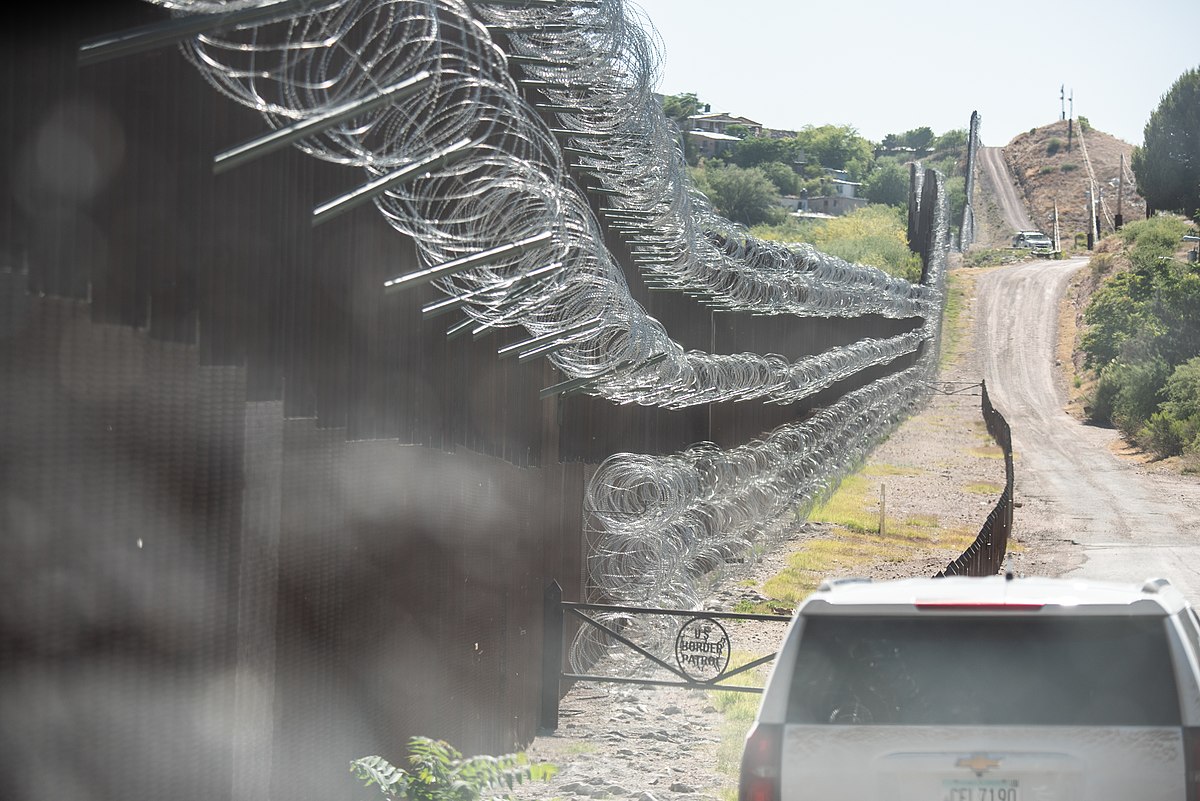How identity matters at the U.S.-Mexico border

A photo taken at the U.S.-Mexico boundary in 2019.
Jonah Carlson – While immigration and the southern border continue to produce contentious geographies in U.S. politics, the number of illegal crossings fell last month after a three-month rise. What factors caused the shift? An article posted by the Associated Press can help us understand the politics on the border and the importance of identity.
What is everyday called the southern “border” is what political geographers would call the “boundary” between the United States and Mexico. This boundary divides the territorial claims of either state. This line also defines the “boundary” between the nationalities of both states – in reality, that boundary is much fuzzier and more personal. However, not all who attempt to cross the boundary between Mexico and the United States are from the same ethnic or national backgrounds. The Associated Press notes that Venezuelan nationals recently surpassed Mexican nationals as the plurality boundary crossers. In response, the Biden administration has resumed the practice of sending airplanes filled with deportees back to Venezuela, a practice which had previously been suspended. This has reduced the number of Venezuelan migrants significantly, with the AP reporting that arrests of Venezuelans fell 74% after the practice restarted. The act shows the importance of nationality and citizenship in determining how one is treated when attempting to cross the boundary into the United States: to put it bluntly, not all nationals are considered equals.
This recent move from the Biden administrations raises questions about the distinctiveness of the geopolitical codes promoted by the Democratic or Republican parties. On one hand, Biden has called Trump’s potential second-term immigration plans “scary.” Simultaneously, though, the Biden administration has continued to permit the controversial practice of holding migrants in privately owned detention centers, and the reboot of the deportation aircraft practice appears to indicate a growing crackdown on immigration policy. Democrats in cities across the U.S. are calling for a stricter take on immigration from President Biden. One could contend that the political parties’ consideration of immigration within the U.S. geopolitical code are not diverging but instead trending in the same direction.
Image source. Chairman of the Joint Chiefs of Staff from Washington D.C, United States, Public domain, via Wikimedia Commons.

